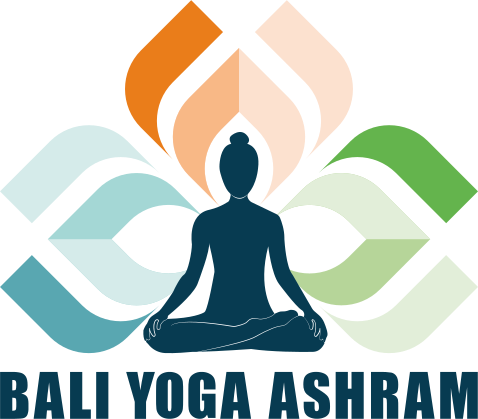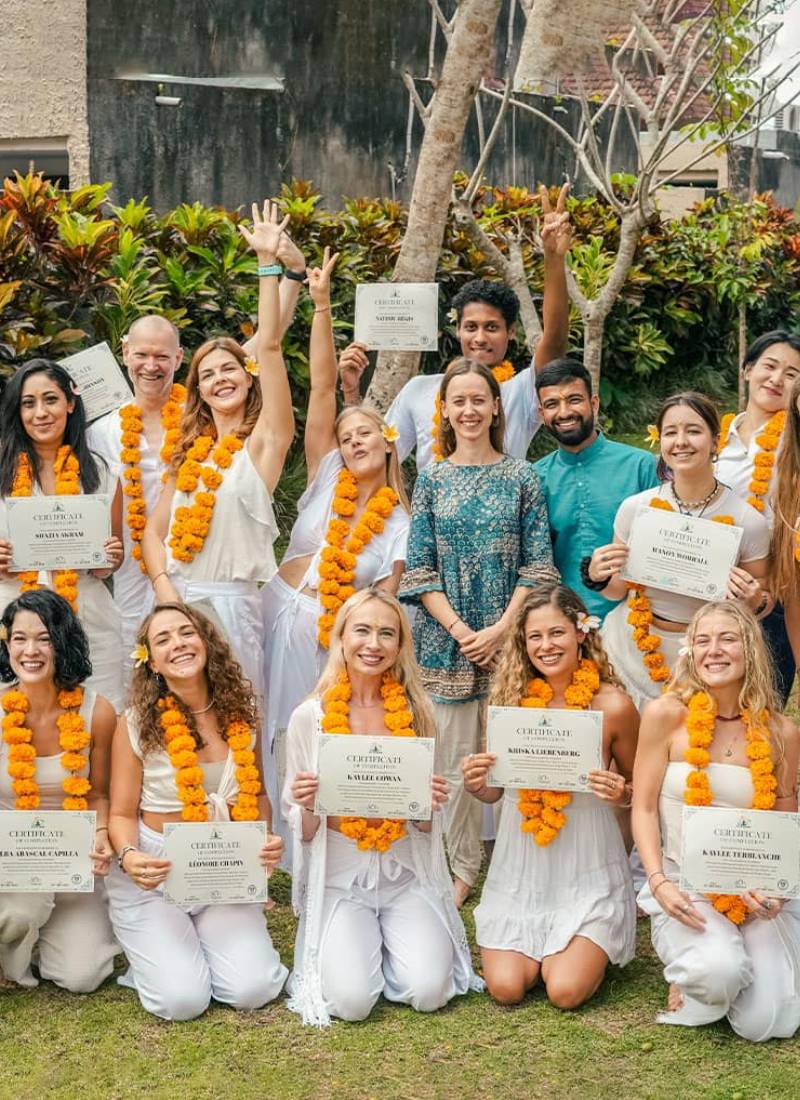
Ujjayi Pranayama is also known as the “Breath of victory”. Jaya means victory and success or “to conquer”, Ujjayi means “One who is victorious”. Another reason why this is called the breath of victory is the expansion in the belly and chest during this type of breathing boosts one’s confidence level and at a deeper level, ujjayi breathing is about achieving freedom from bondage. In Ashtanga practice, ujjayi breathing is followed in every posture that we hold. The smoother the breath, the better the posture, so it definitely plays a very important role in gaining the confidence to go deeper into any asana.
Ujjayi breathing is one of the many pranayama practises that help to gain control of your breath and the respiratory system. This breathing is also called “the ocean breath”, as the sound of the movement of air in the glottis (throat) resembles the sounds of waves of the ocean. This technique builds heat in the body and relaxes the mind and is suitable for all levels of practitioners from beginner to advanced. It enhances, empowers and deepens Hatha Yoga practice. This Pranayama causes hot air in the body and it helps in getting the contaminated and viral substances out of the body.
This pranayama is performed breathing only through the nose, but by constricting the throat or glottis. Due to this limited space in the respiratory tract, the air passes slowly in and out and the sound of an ocean wave is generated. One can hear this sound for themselves and make out if it is been done correctly. This pranayama can be practiced standing, sitting, or lying down. As mentioned before, this breathing is also practiced during asanas to calm and relax the mind and body in some intense postures.
How to do Ujjayi Pranayama?
- Sit in a comfortable seated position with eyes closed, shoulders rolled back, spine straight and face relaxed
- Bring the awareness to your natural breath and stay there for a couple of breath
- Open your mouth and take a couple of deep long inhale and exhale through your mouth
- Now bringing the awareness to your throat, close the mouth and take a deep long inhale and exhale through the nose, but imagine it is happening through your mouth
- This will automatically constrict the glottis and you can hear the wave-like sound with every inhale and exhale.
- Repeat several times.
- Start with 5 to 8 minutes of practice, and gradually increase your time to 10 to 15 minutes.
Benefits of Ujjayi Pranayama
- This is great heating pranayama and can be performed before starting the asana practice in tadasana or in samasthiti
- Helps to soothe the nervous system and calm the mind
- Improves focus and concentration.
- It helps to relieve insomnia and may be practiced in Shavasana just before sleep
- Helps the body to be healthy and efficient.
- Helps to overcome, sinus and migraine problems.
- Along with making the voice melodious, this pranayama also keeps away from thyroid-like disease.
- Helps to reduce the chances of getting diseases like cough, indigestion, liver problems, dysentery, and fever.
- Increases internal energy and flows positive energy.
- The regular practice of this pranayama helps to open the arteries and control cholesterol.
- Reduces the chances of heart diseases
- This breath raises your yoga practice to a higher level as you learn to breathe with a sense of honor and reverence for your breath and body
- It helps you stay focused and centered as you flow from one posture to the next.
- It diminishes distractions and allows the practitioner to remain self-aware and grounded
How to incorporate this pranayama into our daily life?
- Ujjayi breathing is beneficial to balance the mind and body when it is under tension. So, if you find yourself stressed out with anything physical or mental, it is recommended center yourself and find control of your breath by practicing this pranayama
- As regular pranayama practice, one should incorporate ujjayi breathing so the respiratory muscles are aware of the same and it comes naturally while flowing in asana practice.
Ujjayi breathing is also proved very helpful in aerobic exercises like running, cycling or jumping. Some athletes use ujjayi breathing to improve their respiratory efficiency and overcome the pre-race anxiety.
Important Links:
Yoga Teacher Training Bali | 200 Hour Yoga Teacher Training Bali | 300 Hour Yoga Teacher Training Bali | Yoga School in Bali

